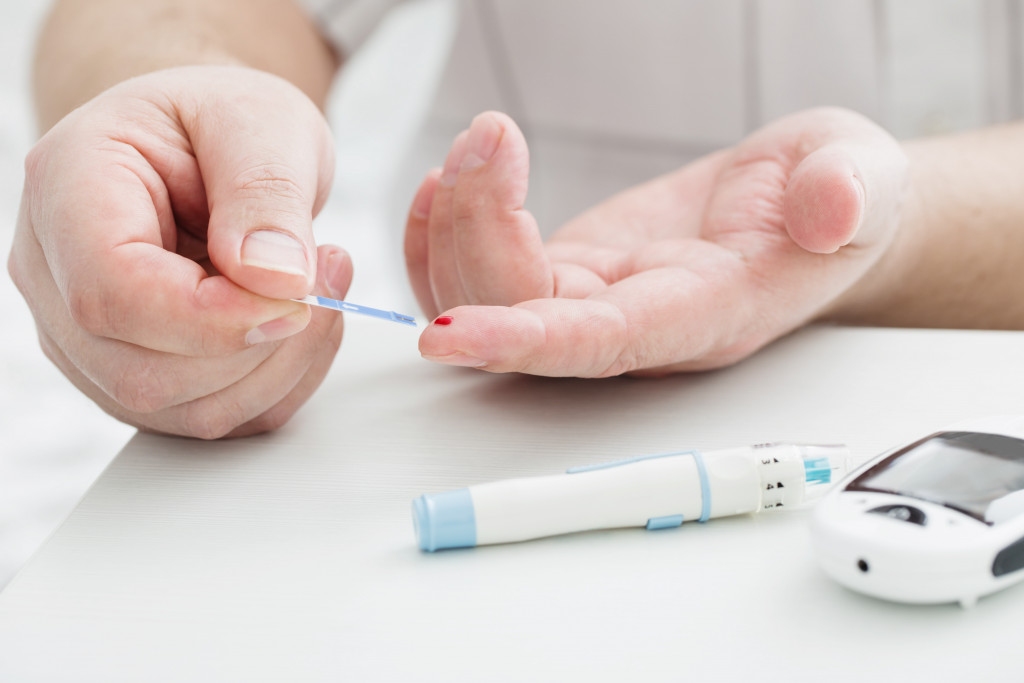Dental health is vital for overall health, yet there are many myths and misconceptions surrounding optimal dental care. But in today’s world, with all of the information available at our fingertips, there’s really no excuse for not knowing how to take care of our teeth. It’s essential to know these things to take the best care of our teeth and avoid any unnecessary problems. This blog post will dispel some of the most common dental health myths. Read on to learn the truth about caring for your teeth and gums!
You don’t need to see the dentist unless you have a problem
Seeing the dentist for regular cleanings and checkups is essential for preventing problems from developing. Treating a small problem is much easier than waiting until it becomes a big one. It would also be better to have a trusted family dentist that you can rely on in an emergency. Dentists are professionals, and they know what they’re doing. They can spot problems that you may not even be aware of, and they can provide solutions that will save you time, money, and pain in the long run.
Sugar is the only thing that causes cavities
While sugary foods are indeed a major contributor to cavities, they’re not the only thing that causes them. Other factors contributing to cavities include poor oral hygiene, medication use, dry mouth, gum disease, and more. However, excessive consumption of sugar can trigger a chain reaction that leads to cavities. So it’s best to limit sugar intake, brush and floss regularly, and see your dentist for regular checkups.
Brushing harder is better for your teeth
You might think that brushing harder will remove more plaque and bacteria, but it can actually damage your enamel and cause gum irritation. The best way to brush your teeth is to use gentle circular motions with a soft-bristled toothbrush. Dentists suggest using an electric toothbrush because they do a better job of removing plaque and bacteria.
Flossing isn’t necessary if you brush regularly
Brushing does a great job of cleaning the surfaces of your teeth, but it can’t reach in between them the way flossing can. Plaque and bacteria can build up in those hard-to-reach areas, so be sure to add flossing to your daily routine! Regular flossing is also essential for preventing gum disease.
Whitening products will damage your teeth
When used as directed, whitening products are perfectly safe for your teeth. In fact, they can do wonders for brightening up your smile! Just be sure to talk to your dentist before using any over-the-counter whitening products, as they may be stronger than what you’re used to and could cause sensitivity issues.
Bad breath is caused by poor oral hygiene habits

While poor oral hygiene is certainly one cause of bad breath, other factors can also contribute. These include certain medical conditions, medications, foods, tobacco use, and more. Bad breath is also a common side effect of gum disease. If you’re concerned about bad breath, talk to your dentist. They can help you determine the cause and develop a treatment plan.
There’s nothing you can do to prevent gum disease
Gum disease is caused by plaque buildup around the gum line. Plaque is a sticky film of bacteria that forms on teeth when they aren’t cleaned properly. By brushing twice a day and flossing daily, you can help prevent plaque buildup and reduce your risk for gum disease!
Mouthwash is only for freshening breath
While mouthwash can help freshen your breath, it also does much more than that. Mouthwash helps remove food particles and plaque from teeth, reduces inflammation, fights gingivitis, and more. Be sure to choose a mouthwash that contains fluoride, as this will help prevent cavities.
Baby teeth aren’t necessary because they eventually fall out
Baby teeth are essential for several reasons. First, they help children learn how to speak correctly. They also hold space in the jaw for adult teeth, which prevents crowding later on. Finally, baby teeth serve as guides for adult teeth as they come in. This helps ensure that adult teeth come in straight!
You only need to see the dentist if you’re in pain
Just because you’re not in pain doesn’t mean everything is fine with your dental health! It’s essential to see the dentist regularly for cleanings and checkups so problems can be caught early on before they become serious. Waiting until you’re in pain usually indicates a bigger problem that could have been prevented with regular dental visits.
The bottom line
Dental health myths abound, but it’s important to know the facts in order to maintain optimal oral health! Be sure to brush twice a day, floss daily, and see the dentist regularly for cleanings and checkups. And remember, if you have any concerns about your dental health, don’t hesitate to ask your dentist! They’re always happy to help set the record straight!



